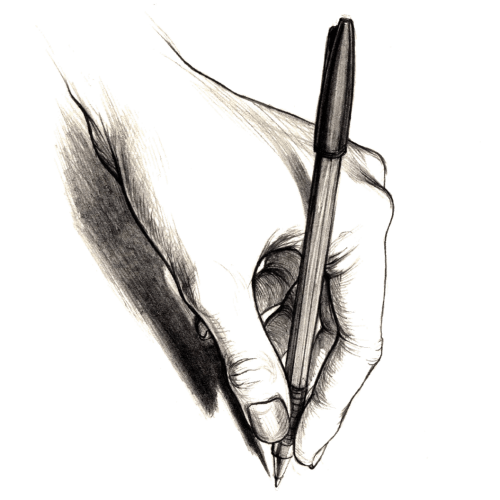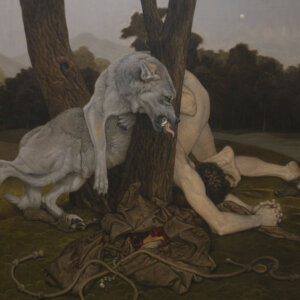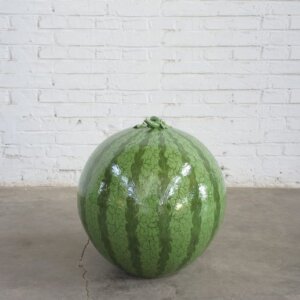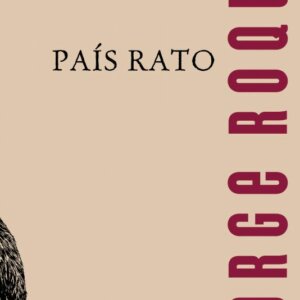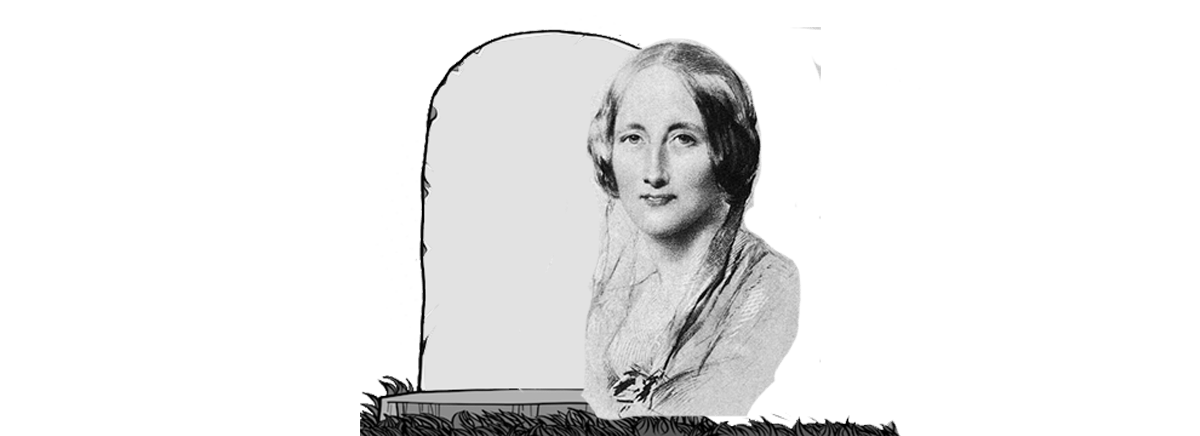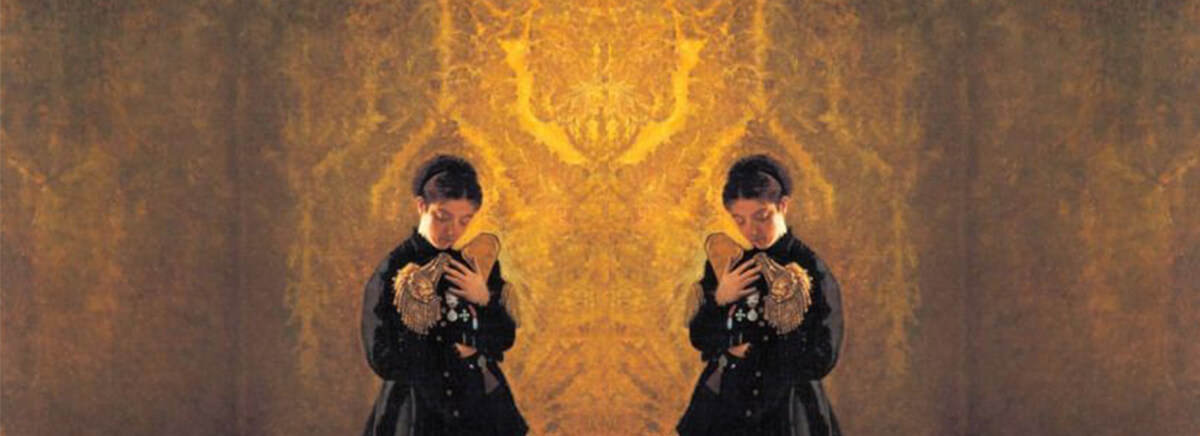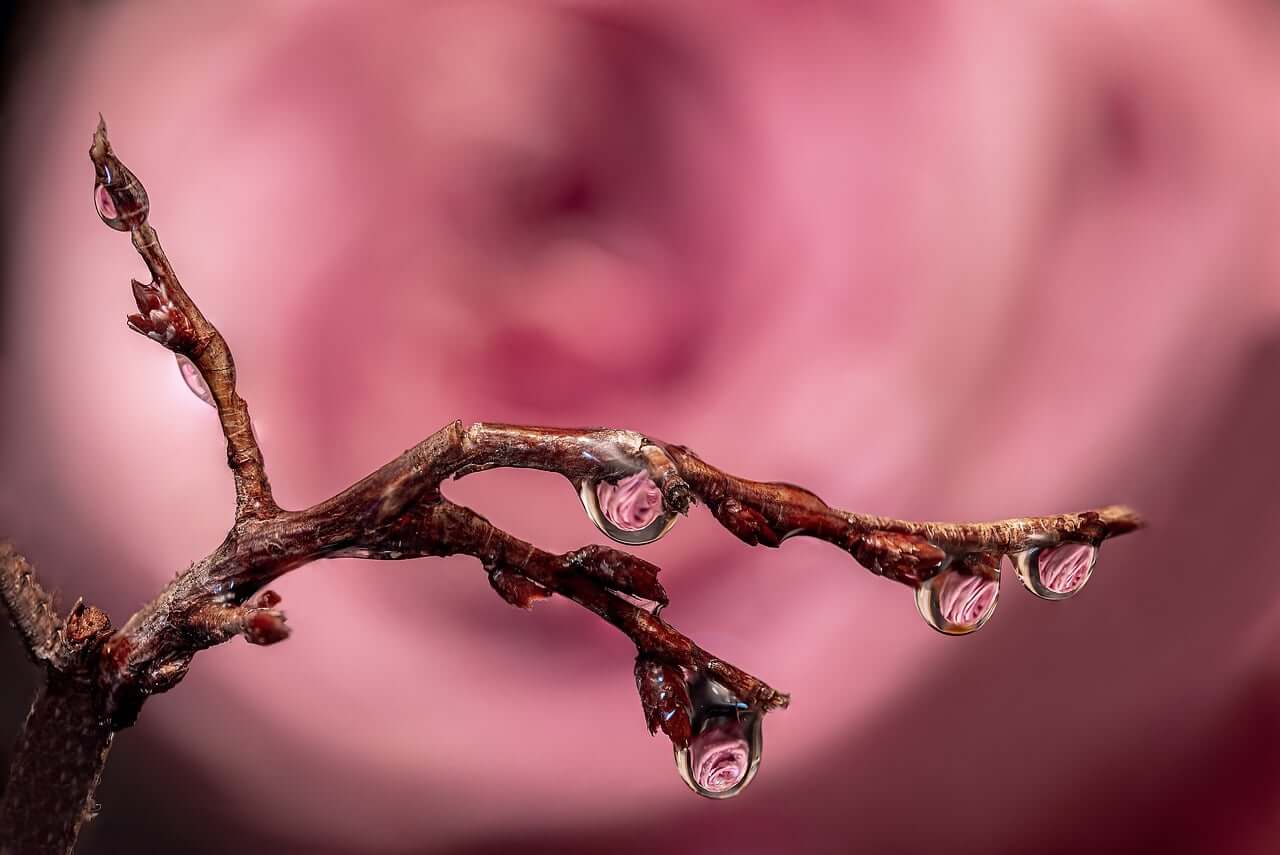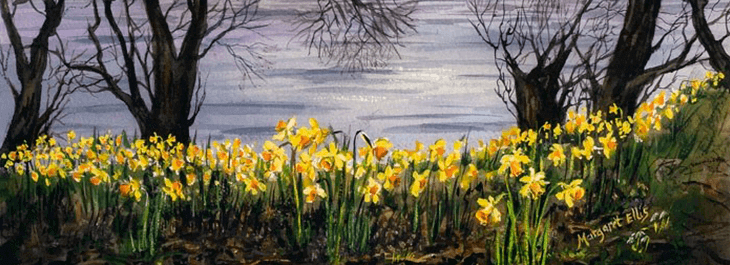To a Dying Infant
Caroline Bowles Southey
SLEEP, little Baby! sleep!
Not in thy cradle bed,
Not on thy mother’s breast
Henceforth shall be thy rest,
But with the quiet dead.
Yes, with the quiet dead,
Baby! thy rest shall be—
Oh! many a weary wight,
Weary of life and light,
Would fain lie down with thee!
Flee, little tender nursling!
Flee to thy grassy nest—
There the first flowers shall blow,
The first pure flake of snow
Shall fall upon thy breast.
Peace! peace! the little bosom
Labours with shortening breath.
Peace! peace! that tremulous sigh
Speaks his departure nigh—
Those are the damps of Death.
I’ve seen thee in thy beauty,
A thing all health and glee;
But never then wert thou
So beautiful, as now,
Baby! thou seem’st to me.
Thine upturned eyes glazed over
Like harebells wet with dew—
Already veiled and hid
By the convulsed lid,
Their pupils darkly blue.
Thy little mouth half open,
Thy soft lip quivering,
As if, like summer air,
Ruffling the rose leaves, there
Thy soul were fluttering.
Mount up, immortal essence!
Young spirit! hence—depart!
And is this Death?—Dread thing!
If such thy visiting,
How beautiful thou art!
Oh! I could gaze for ever
Upon that waxen face,
So passionless! so pure!
The little shrine was sure
An angel’s dwelling-place.
Thou weepest, childless Mother!
Ay, weep—’twill ease thine heart;
He was thy first-born son—
Thy first, thine only one;
’Tis hard from him to part.
’Tis hard to lay thy darling
Deep in the damp cold earth,
His empty crib to see,
His silent nursery,
Late ringing with his mirth.
To meet again in slumber
His small mouth’s rosy kiss,
Then—waken’d with a start
By thine own throbbing heart—
His twining arms to miss.
And then to lie and weep,
And think the live-long night—
Feeding thine own distress
With accurate greediness—
Of every past delight;
Of all his winning ways,
His pretty, playful smiles,
His joy at sight of thee,
His tricks, his mimicry,
And all his little wiles.
Oh! these are recollections
Round mothers’ hearts that cling!
That mingle with the tears
And smiles of after years,
With oft awakening.
But thou wilt then, fond Mother,
In after years look back—
Time brings such wondrous easing—
With sadness not unpleasing,
Even on this gloomy track.
Thou’lt say, “My first-born blessing!
It almost broke my heart,
When thou wert forced to go;
And yet for thee, I know,
’Twas better to depart.
“God took thee in His mercy,
A lamb untask’d—untried—
He fought the fight for thee,
He won the victory—
And thou art sanctified.
“I look around, and see
The evil ways of men,
And oh, belovèd child!
I’m more than reconciled
To thy departure then.
“The little arms that clasp’d me,
The innocent lips that prest—
Would they have been as pure
’Till now, as when of yore
I lull’d thee on my breast?
“Now, like a dew-drop shrined
Within a crystal stone,
Thou’rt safe in Heaven, my dove:
Safe with the Source of Love,
The Everlasting One!
“And when the hour arrives,
From flesh that sets me free,
Thy spirit may await,
The first at Heaven’s gate,
To meet and welcome me.”
 Caroline Bowles Southey 🇬🇧 (1787–1854) foi uma poeta e pintora inglesa. Ela se tornou a segunda esposa do poeta Robert Southey. A maior parte do fragmento finalmente publicado em 1847 foi obra de Caroline Southey, incluindo alguns belos sonetos sobre seu casamento, que ocorreu apenas em 1839, após a morte de sua primeira esposa. Houve uma segunda edição de seu volume misto de versos e prosa, Solitary Hours (1826), naquele ano. O casamento causou consternação entre os filhos adultos de Southey.
Caroline Bowles Southey 🇬🇧 (1787–1854) foi uma poeta e pintora inglesa. Ela se tornou a segunda esposa do poeta Robert Southey. A maior parte do fragmento finalmente publicado em 1847 foi obra de Caroline Southey, incluindo alguns belos sonetos sobre seu casamento, que ocorreu apenas em 1839, após a morte de sua primeira esposa. Houve uma segunda edição de seu volume misto de versos e prosa, Solitary Hours (1826), naquele ano. O casamento causou consternação entre os filhos adultos de Southey.
